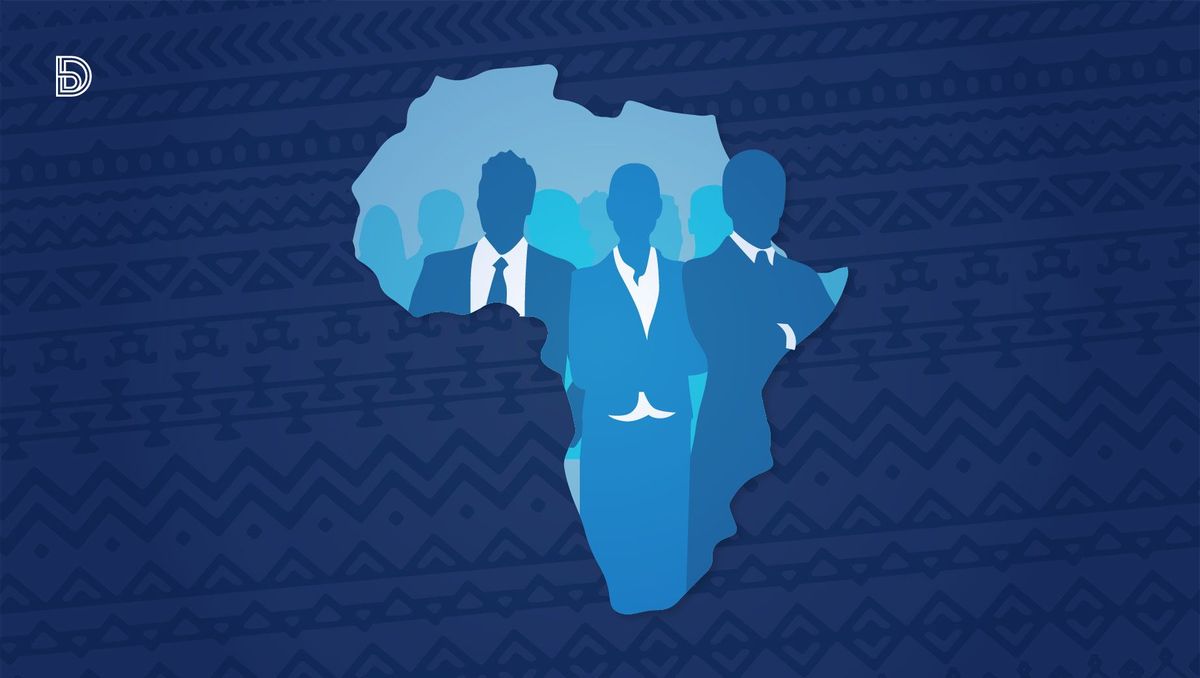How Culture Influences Entrepreneurship in Africa

Entrepreneurship in recent times reflects ancient classical periods. Across most parts of the world, many young people prefer to become startup founders; lots of college students are increasingly taking chances on tertiary education to become entrepreneurs.
In many parts of Africa (Ghana, Uganda, Nigeria), young people between 16-30 are joining the revolution. The likes of Vanessa Zommi started Emerald Morning Team at just 17, among other Africans who continue to solve the continent's difficult problems.
Despite the emergence of African innovators, why are many young Africans still afraid to come out as startup founders?
A tale of Silicon Valley & The Rest of Africa
Tech hubs across the world attempt to replicate the success of arguably the world's most innovative community. In an attempt to study these replicas, the question of what constitutes the Silicon Valley success emerges?
The valley may present a very unique history of events such as the transistor revolution which cannot be replicated easily in any part of the world.
But as innovation hubs thrive around the world, economists have identified trends that are peculiar to all innovative communities:
- Good Policies
- Access to Capital
- Ready Markets
- Culture
- Talent
Variances exist in each stated element across China, USA, Canada, Nigeria, et all. These variances are largely determined by macro and micro economic factors. Yet, our focus today is on “Culture”.
Startup Founders in Silicon Valley are allowed to fail. In 2020, more than 1,104 founders closed their companies after about 1350 funding rounds that accumulated about $1.9 Billion in total funding.
All 1,104 founders can freely walk on Hollywood Boulevard, Las Vegas Boulevard, or even Wall Street. Some of these founders have taken to twitter to announce the closure of their firms.
In October 2020, when mobile focused streaming service Quibi closed after raising a mammoth $1.75 billion, founder Jeffery Katzenberg simply wrote …[T]here were “one or two reasons'' for Quibi’s failure: The idea behind Quibi either “wasn’t strong enough to justify a stand-alone streaming service” or the service’s launch in the middle of a pandemic was particularly ill-timed. “Unfortunately, we will never know, but we suspect it’s been a combination of the two,”
Compared to other hubs, typically African, Nii Kwei Atakoshi, founder of Atakoshi web design services would not comfortably walk out of Atakoshi's office without media attention after the Atakoshi project of $150, seed funded by 10 relatives, closes.
Nii is not allowed to talk about the failure of Atakoshi web design services to friends. Worst, for not joining the elite club of “Most Innovative Africans”, Nii would likely be considered incapable of many other things.
African founders are not allowed to fail. In such a risky market that hardly makes room for innovation, the risk of failure is not tolerated. Traditional homes reward distinction in Mathematics over Producing energy from Cassava.
Every dollar must retain ten dollars at least and the road to becoming a founder must only lead to Forbes. The assertiveness, independent thinking, and informality which are associated traits of innovators are rather ostracized in traditional African communities.
Independent thinking is replaced with rogue behavior. Asking questions is associated with disrespect and assertiveness is replaced with bull-headedness.
African communities have a gregarious approach to entrepreneurship. Thousands of people wait in line to see if Nii Kwei Atakoshi’s new 3D Printing Business would survive for a year.
If, like in cases of MoMo Vendor Business and Uber Ride Sharing’s rapid commercialization, Nii Kwei Atakoshi wheels a 2021 Range Rover MSRP after a year in business, all 30 million Ghanaians would own 3D printers the next day. Nobody wants to fail first.
In replicating the Silicon Valley ecosystem in most African communities, our cultures must evolve. This fifth industrial revolution requires a different set of skills and, more importantly, mindset.
The ability to think critically and independently, to collaborate, to establish curiosity, to ignite imaginations, and to drive change must be at the forefront in our consideration of genius. Big ideas must replace hot gossips. Risk takers must deservedly be rewarded.
The first step to driving this change is to join our community of independent thinkers.







Comments ()